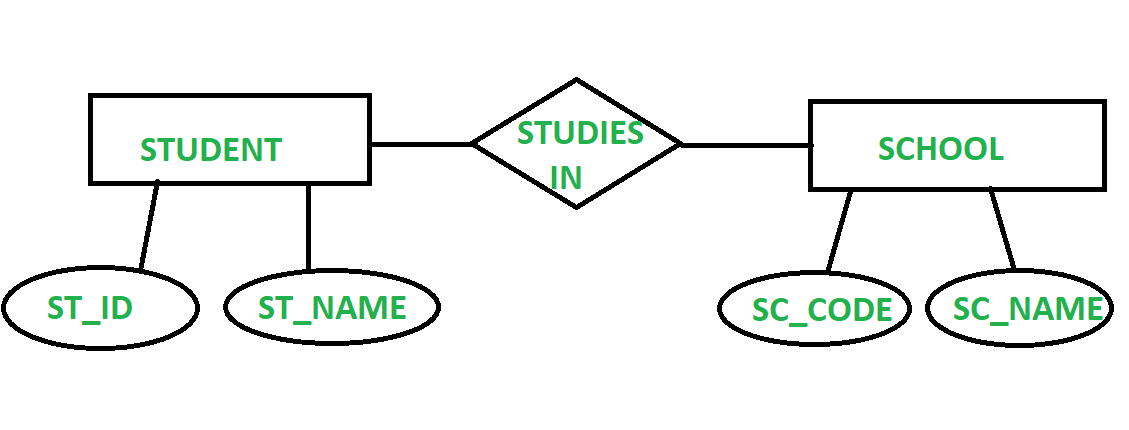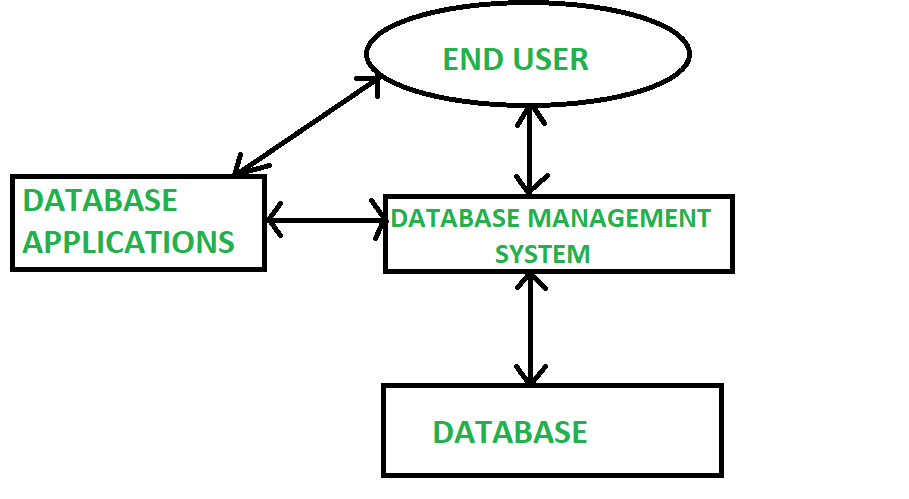1. ER(实体-关系)模型:
ER 模型代表实体关系模型。它通过给出系统实体之间的关系来指定数据库的结构。实体集是一组彼此相似的实体。它被认为是一种概念设计,可以进一步用于实现数据库。借助图形表示,它可以帮助我们以简单的方式理解不同实体之间的关联。 ER模型一般是在制作数据库之前构建的。 ER 模型用于描绘现实世界的实体以及它们之间的关联。

2. RDBMS(关系数据库管理系统):
RDBMS 代表关系数据库管理系统,它是根据 EFCodd 给出的模型为关系数据库设计的数据库管理系统。关系数据库以表格的形式以结构良好的格式存储数据,这使得在需要时更容易检索数据。它具有用于检索数据的高效查询处理技术。在 RDBMS 中,可以存在多个表并且这些表可以相互关联。 RDBMS 是当今最常用的数据库管理模型。

ER 模型和 RDBMS 之间的区别:
| S.NO. | ER Model | RDBMS |
|---|---|---|
| 1. | ER model is a high level data model which tells us about the relationship between the entities. | RDBMS is a database management system which has a collection of tables which are related to each other. |
| 2. | ER model is easier to understand as it is in pictorial form. | RDBMS is comparatively more complex than ER model. |
| 3. | ER model is made before the construction of database to get an idea of the database. | RDBMS is an implementation of the ER diagram. |
| 4. | ER model has attributes, entities and relationships as its main components. | RDBMS has tuples, domains, keys as its main components. |
| 5. | ER model has mapping cardinalities. | RDBMS doesn’t have mapping cardinalities. |
| 7. | It requires comparatively less skillful people to construct the ER model. | It requires more skillful people to deal with the database systems. |